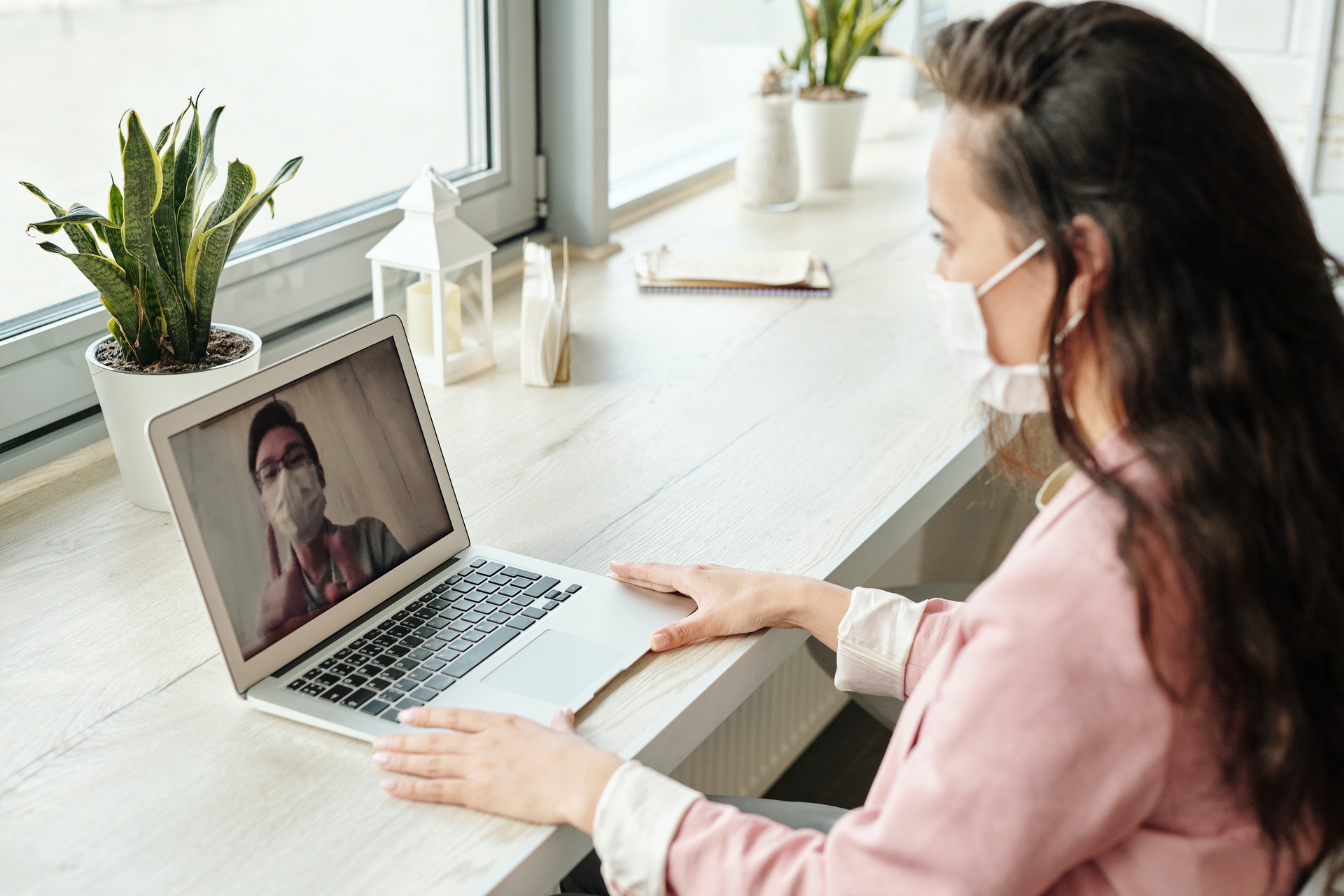Over the past year, offices have been largely empty.
With government-imposed mandates forcing people to stay at home, desks and chairs have gathered dust as working remotely has steadily become the new norm.
Now though, as restrictions are gradually lifted, and the vaccine roll-out continues in full force, people are slowly but surely reclaiming their old office chairs.
That being said, even when Covid-19 is a distant memory, will the office environment simply go back to the way it was?
A lot of people don’t think so as ideas circulate as to which changes that have been implemented could remain permanently. Here is a breakdown of some of those potential changes.

Contents
Remote Working Vs. The Office
Even before the pandemic hit, remote working had been put forward as the solution to a number of issues, including reducing rush hour traffic, as well as boosting employee engagement and retention.
Not to mention, this could be beneficial for businesses as it would allow them to rent smaller office spaces or save money altogether by not renting their space anymore.
Going back into an office environment could be a huge change to a business’s profit margins as costs, such as water, electricity, and more, which had not been used or cut back significantly due to a reduced workforce in the office, are suddenly rocketed due to being back in the workplace.
Fortunately, as businesses weigh up the pros and cons of going back, the good news is that if they look into changing the water supply for businesses, they can make savings.
This could be hugely beneficial as a lot of businesses may be surprised at just how much the cost of these utilities can come to.
As such, the option to save money on them will likely be a welcome change for corporations all over the country and could make the decision to go back to the office easier.
A Revised Duty of Care on Employers
One of the potential legal issues that could come up as a result of increased working from home is that it is less clear where an employer’s duty of care starts and stops.
Currently, employment legislation states that an employer’s duty extends for employees “as far as is reasonably practical.
” Working in an office, this is simple to wrap your head around; however, when people are working from home, the line becomes a bit more blurred.
The legislation currently surrounding an employer’s duty of care would need to be reworked so as to include those working from home to a reasonable extent.
New Office Design
Even though remote working is likely to be embraced more by companies, offices certainly won’t become a thing of the past.
Office design, however, may well change in light of the recent pandemic, as some predict that social distancing could become an element of workplace health and safety.
The two ways that these different designs could likely take shape are:
- Incorporating a cubicle layout like that which was popular in the 1990s; or
- Set out offices in a way that prioritizes 6ft spaces between employees.
A Cleanliness Policy
This is most likely going to be a welcome measure anyway.
The current trajectory that the hand sanitizer market has been on in recent years is only set to increase as a policy of cleanliness will be incorporated into offices worldwide.
This policy would include offices having sanitized dispensers visible and accessible by everyone.
This would be revolutionary in the same way that water dispensers were revolutionary nearly four decades ago; however, the big difference would be that using sanitized dispensers to clean desks, phones, and keyboards, could become a company policy.
The Daily Buzz combines the pursuit of interesting and intriguing facts with the innate human desire to rank and list things. From stereotypical cat pictures to crazy facts about the universe, every thing is designed to help you kill time in the most efficient manner, all while giving you something to either laugh at or think about!
